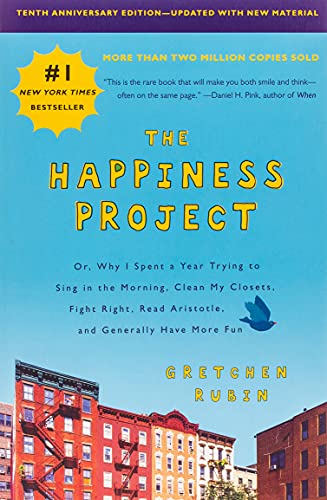A More Beautiful Question
Think you might want to read this book?
Are you always asking questions about the world? Do you wish you were more curious? Warren Berger uses A More Beautiful Question to train you to think systematically and deeply about questions that we ask. As examples, the reader is walked through the “open/closed” and “why,what if, and how” processes of innovative questioning to get to richer answers. Concepts such as “smart recombinations,” “contextual inquiry,” and “vuja de” are also discussed. If you are a natural questioner or strive to be a better one, then this is the perfect book for you. What if you tried it out to see?
What Would Socrates Ask?
Why do students who ask a great question get rewarded with “that’s a good question” and not much else?
What if questioning were a unit taught each year?
Is it more impressive to ask the right question or to know the right answer?
What if all student learning experiences had at least one segment devoted to question asking?
What if every administrative agenda had a purpose at the top stated in the form of a question?
What if all educators were trained to ask all questions starting with “What if…?”
What if all classes had a list of questions that was always being added to...by students, teachers, administrators, or parents?
What if assessment questions never asked for the recall of facts?
What if we gave students time to think deeply about speeches, photos, word problems, etc., as part of their learning?
What is the incentive for faculty or administrators to question the status quo?
What are the incentives for students to ask good questions in class?
How can we ensure professional development for everyone every year?
What if the opportunity to ask questions as part of the hiring process were given more weight than the section where they give answers?
Research
A child asks about forty thousand questions between the ages of two and five.
...research found that questions were often used by teachers primarily to check up on students, rather than to try to spark interest: such questions were apt to leave a student feeling “exposed” rather than inspired.
Concepts
Appreciative Inquiry- questions with a more positive tone, will tend to yield better answers.
Connective Inquiry- connecting ideas and questions in new ways.
Activity-Permissive Education- advocates letting kids move as they learn.
Certainty Epidemic- many people overestimate their knowledge, put too much faith in their “gut instinct,” and walk around convinced they have more answers than they actually do.
Vuja De- when you look as something familiar and suddenly see it fresh
Five Whys Methodology- the practice of asking why five times in succession as a means of getting to the root of a particular manufacturing problem.
Smart Recombinations- When we draw upon what already exists and use that as raw material. The key may lie in connecting those bits and pieces in a clever, unusual, and useful way.
Quotes from the author
...many companies-whether consciously or not- have established cultures that tend to discourage inquiry in the form of someone’s asking, for example, Why are we doing this particular thing in this particular way?
...for some reason, questioning isn’t taught in most schools-nor is it rewarded (only memorized answers are).
The best innovators are able to live with not having the answer right away because they’re focused on just trying to get to the next chapter.
This is particularly true in the workplace. A good way to become unpopular in a business meeting is to ask, “Why are we doing this?” - even though the question may be entirely justified. It often takes a thick-skinned outsider to be willing to even try.
If the word why has a penetrative power, enabling the questioner to get past assumptions and dig deep into problems, the words what if have a more expansive effect-allowing us to think without limits or constraints, firing the imagination.
...most of us, throughout our school years and even in the business world, have been taught to hold back ideas until they are polished and perfect.
But the best coaches, consultants, and therapists all emphasize there is no substitute for self-questioning.
Quotes from others
“If you don’t have that disposition to question you’re going to fear change. But if you’re comfortable questioning, experimenting, connecting things-then change is something that becomes an adventure. And if you can see it as an adventure, then you’re off and running.” - John Seely Brown
“Somehow, we’ve defined the goal of schooling as enabling you to have more ‘right answers’ than the person next to you.”- Tony Wagner
“Part of questioning is about exposing vulnerability-and being okay with vulnerability as a cultural currency.” - Paul Bennett
Organizations/schools working on answers
Gateways to further learning
Referenced book for purchase
The applicability of this book to education is ….
Resources
















